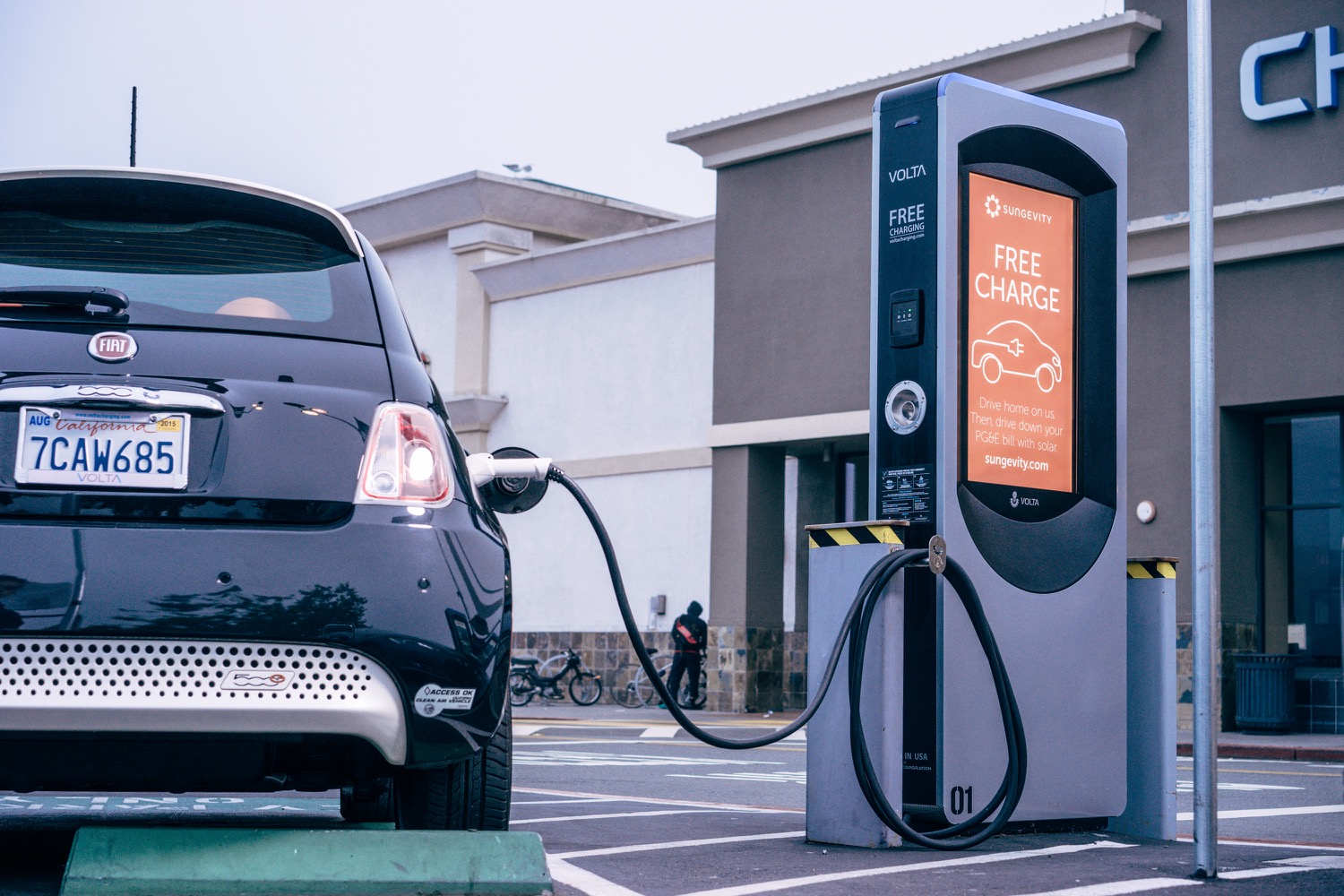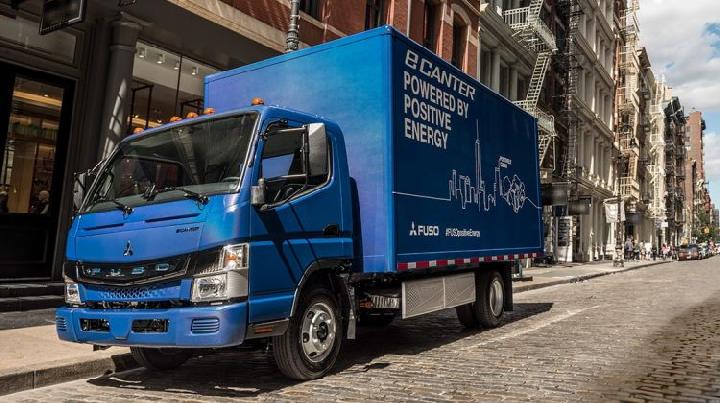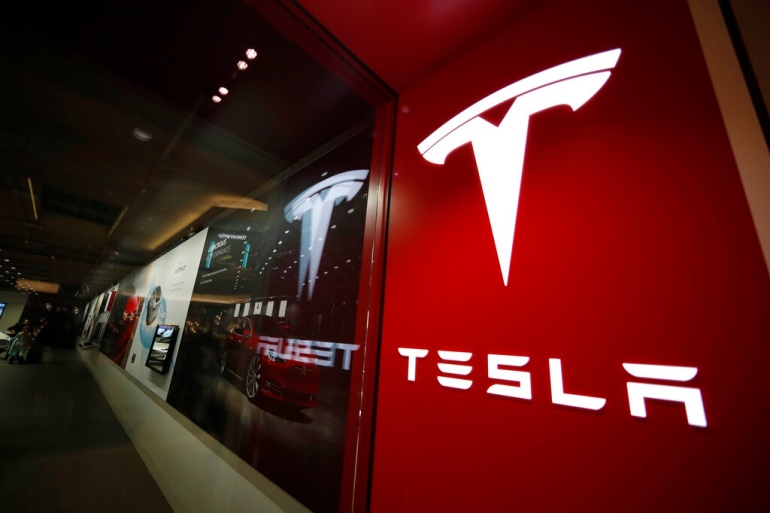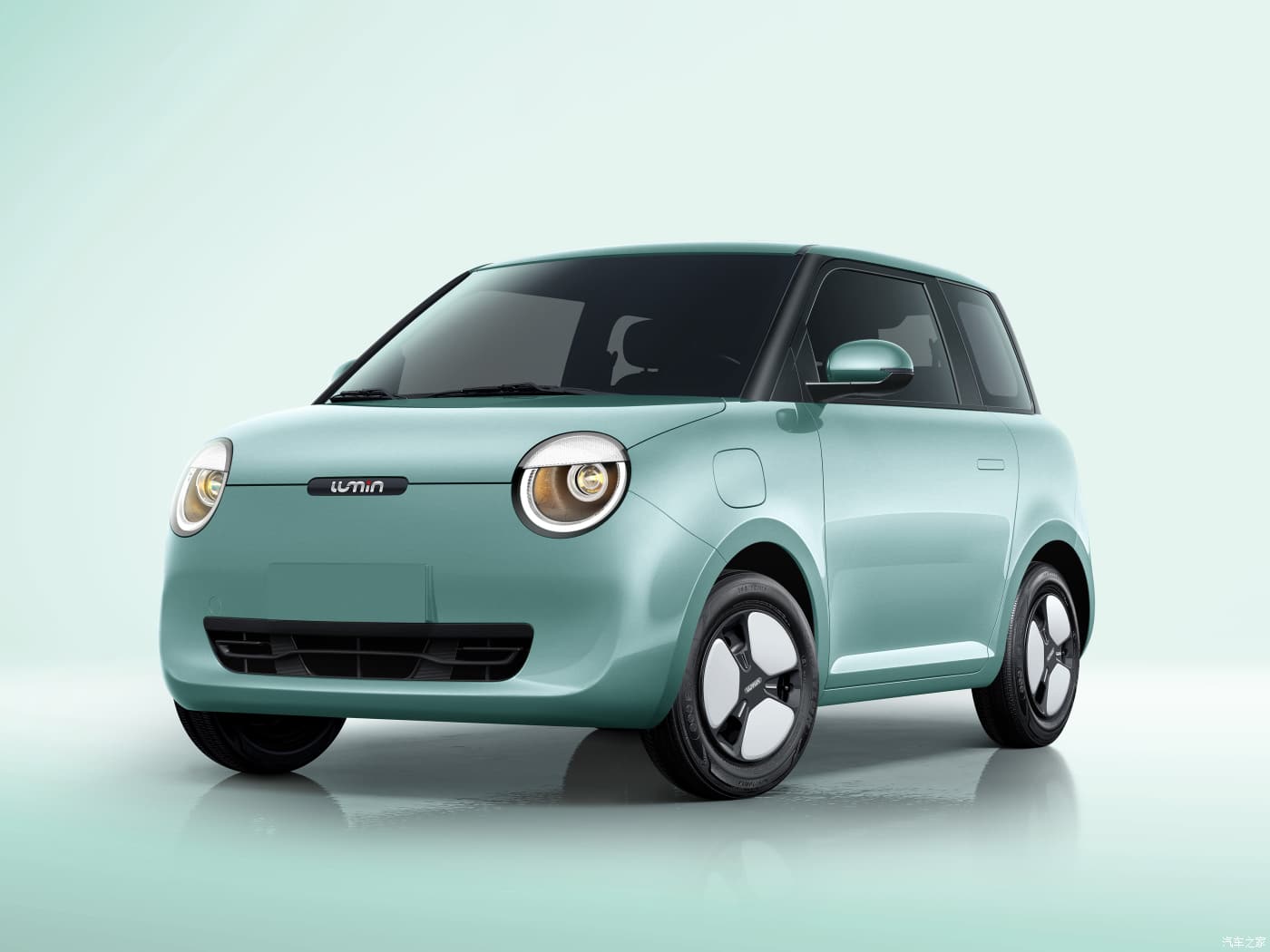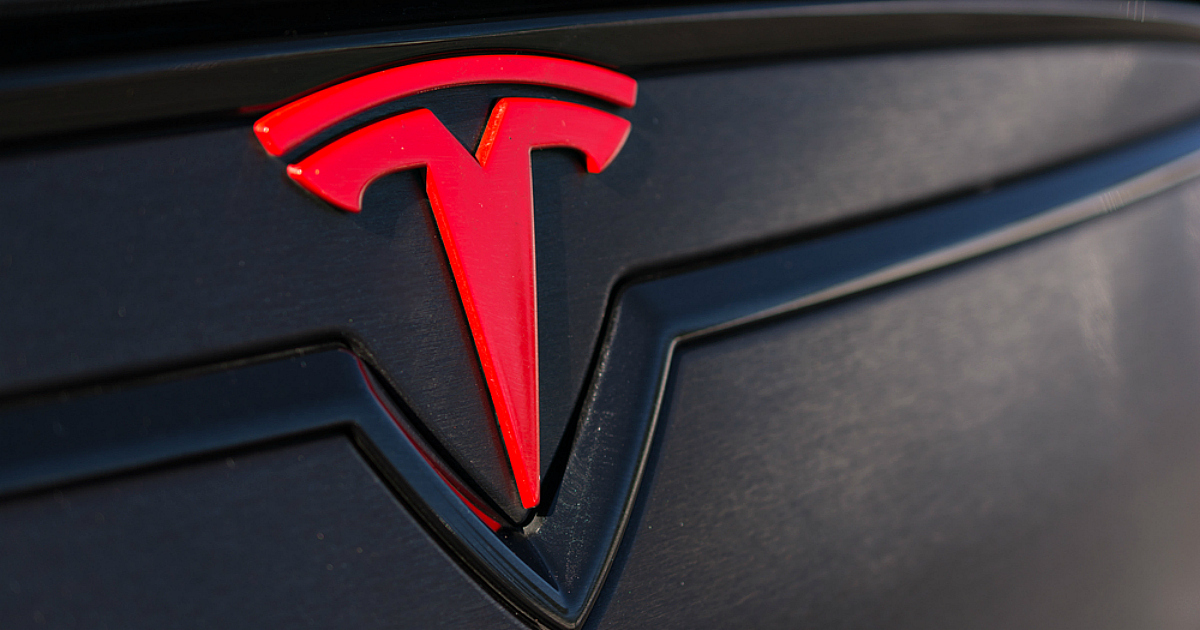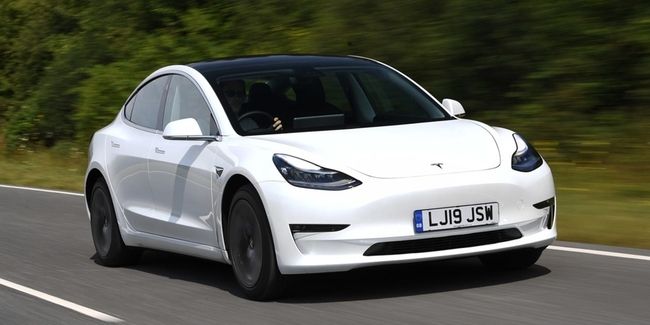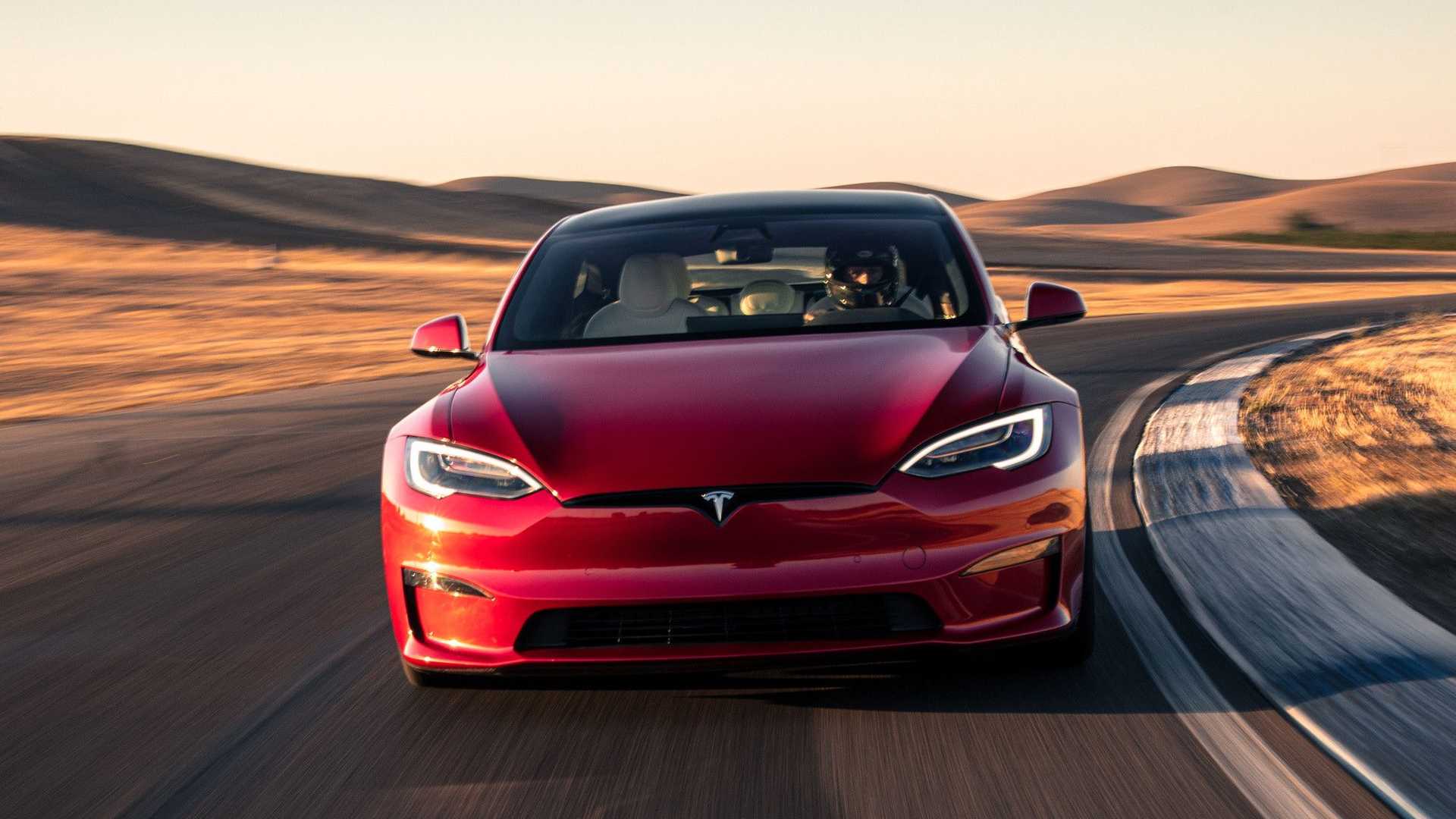German Transport Minister Volker Wissing voiced strong opposition to plans to ban the sale of new cars with internal combustion engines (ICE) throughout the European Union by 2035.
“We don’t agree with the decision,” Wissing told reporters in Berlin.
Wissing said the reason was that the ban would “discriminately discriminate against synthetic-fuel vehicles”.
“We want to shape the transformation in a technologically open way. This includes registering new cars beyond 2035 if they are powered exclusively with synthetic fuels in a climate-neutral way,” he explained.
See also: European Parliament approves to ban combustion engine vehicles from 2035
European Union lawmakers on Wednesday (9/6/2022) voted in favor of a move requiring automakers to cut carbon dioxide emissions by 100 percent by the middle of the next decade, effectively banning the sale of new cars powered by gasoline or diesel in the European Union. .
The plan, which still needs to be approved by EU member states, would significantly increase electric vehicles as lawmakers refused to exclude synthetic fuel-powered cars from the ban.
That would hurt the German automaker, which has focused on powerful and expensive vehicles with combustion engines while falling behind foreign rivals when it comes to electric cars.
Synthetic, or electronic fuels, are refined from factories or produced using basic chemical and electrical processes. If electricity is generated from renewable sources, such as wind or solar, then the fuel is considered ‘climate neutral’ because burning it only releases as much carbon into the atmosphere as it previously removed.
See also: European Union plan to effectively ban new petrol and diesel car sales from 2035
However, critics argue that the limited supply of electronic fuel should be reserved for modes of transportation where electrification is currently not possible, such as airplanes.
Experts at the Institute of Energy and Climate Research in Juelich, Germany, have calculated that a mid-sized car running on synthetic fuel will use seven times as much energy as a comparable electric vehicle.
Wissing is under pressure from the German Automotive Industry Association (VDA) which criticized the EU Parliament vote as a “decision against innovation and technology.” It is not clear whether his position is shared by other German governments.
Environmentalists support the EU vote as a way to map Europe towards a greener future.
Cars account for about 12 percent of the greenhouse gas emissions emitted in the European Union. The European Union targets to reduce emissions from all sources to zero by 2050, and experts say road transport is one sector that needs to reach that goal early.

